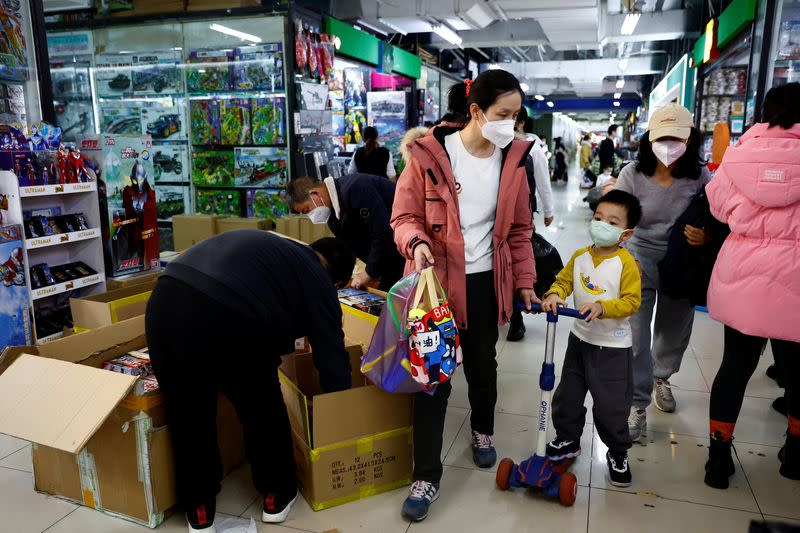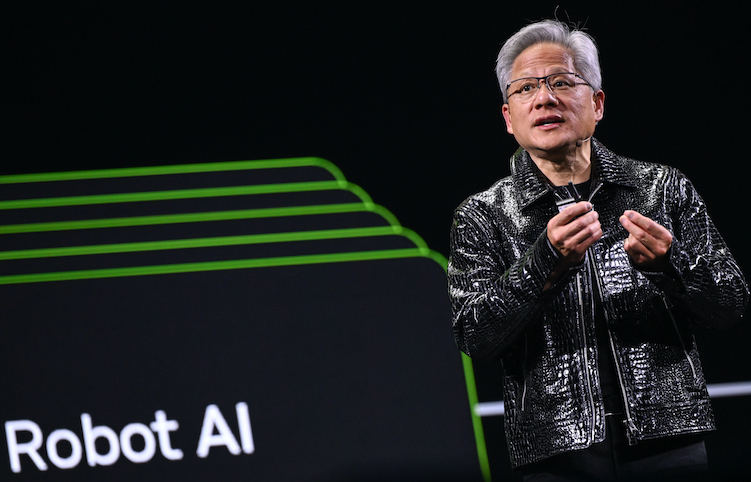Activity in China’s services sector expanded in February at the fastest pace in six months, according to a private sector survey released on Friday.
The end of the country’s severe zero-Covid policy has helped restore demand and is also credited with causing a rise in employment and allowing the economy to return to previous healthy levels.
The Caixin/S&P Global services purchasing managers’ index (PMI) rose to 55.0 in February from 52.9 in January, a back-to-back monthly increase in activity after the government abruptly dismantled anti-virus measures in December.
The 50-point mark separates expansion and contraction in activity on a monthly basis. The reading tallies with an official services PMI released on Wednesday, suggesting a robust recovery in the sector is well under way.
Service companies reported the strongest rise in new business since April 2021, while new export order growth accelerated to the highest in almost four years, the Caixin survey showed.
ALSO SEE:
US Adds 28 Chinese Firms, 10 Others to Trade Blacklist
Job creation, better spending
The improvement in market conditions also drove a strong increase in employment. Firms started to take on additional workers for the first time in four months and the rate of job creation was the sharpest since November 2020 as spending and travel got a boost.
China’s human resources minister Wang Xiaoping said on Thursday that the country’s job market was better than expected in January and February.
Commerce minister Wang Wentao also said on Thursday that the country’s consumption has rebounded significantly this year, with major shopping areas and the catering sector surging remarkably.
Thanks to the Covid reopening, business confidence across China’s services sector remained robust last month, though the degree of optimism slipped slightly from January’s near 12-year highs.
“The economy has entered a post-Covid recovery, with services activity showing signs of a stronger recovery than the manufacturing sector,” said Wang Zhe, an economist at Caixin Insight Group. “But the impact of the pandemic remains far-reaching.”
“In the near-term, relevant policies should focus more on increasing household income and improving market expectations.”
Caixin/S&P’s composite PMI, which includes both manufacturing and services activity, rose to 54.2 in February from 51.1 a month earlier, marking the quickest expansion since June.
China is becoming increasingly ambitious with its 2023 economic growth target, aiming potentially as high as 6%, in a bid to boost investor and consumer confidence and build on a promising post-pandemic recovery sources involved in policy discussions said on Thursday.
The final growth target will be announced on March 5, at the start of China’s annual legislative meeting.
- Reuters with additional editing by Jim Pollard
ALSO SEE:
China Planning Aggressive Growth Targets To Boost Confidence
China’s Factories See Fastest Growth Spurt in a Decade
Critical China Factory Hubs Face Greatest Climate Change Risk
























